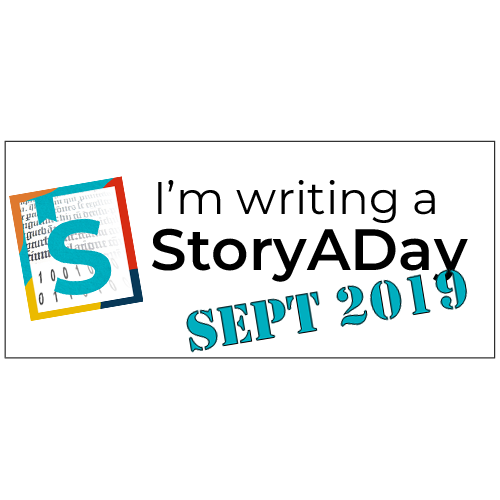How did you get on yesterday? Did you write a story?
Remember, set your own rules, and stick to them. If you miss a day, don’t try to catch up. Just keep moving forward!
The Prompt
Write A Story Featuring an Assembly or Crowd Scene
You can tell the story of a song or simply use it in the story.
Normally I caution against having too many people in a short story, but today I want you to practice filling the scene with a crowd…but still focusing on your main characters.
There’s lots of potential for noise, color, and action in this one!
Go!
Check back every day for more prompts, and don’t forget to come back and leave a comment to celebrate your writing successes, every day!



